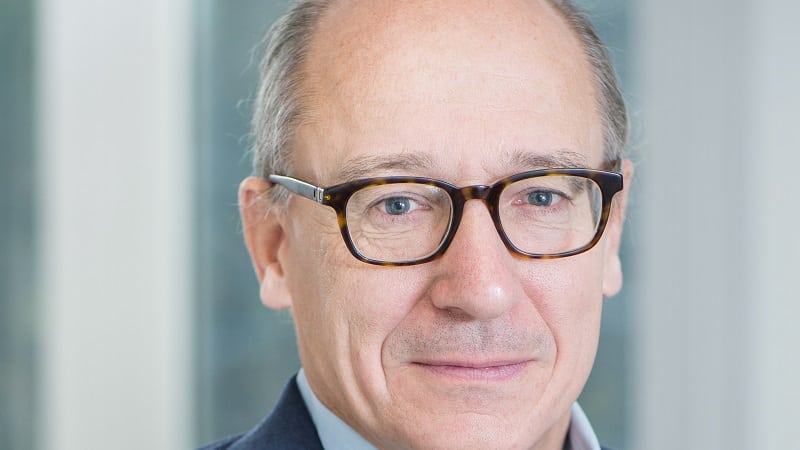The Lindsell Train Japanese Equity fund benefitted from its holdings in Nintendo and Square Enix in July as video games continued to offer those in lockdown an “escape from the boredom and monotony of life”.
The share prices of Nintendo and Square Enix hit highs during the month as they benefitted from gamers who bypassed the conventional retail channels to directly download software.
Writing in the fund’s July update, portfolio manager Michael Lindsell (pictured) said: “It is understandable. Much of the world is still in partial lockdown, confined to the home where video games, including online games that pay real money, offer an escape from the boredom and monotony of life.”
Shares in both companies continued their rise into August with Nintendo reaching ¥57,300 (£410) on 24 August, the highest value since ¥67,800 in October 2007, and Square Enix shares hitting ¥7,200 on the same day, marking their highest ever value.
Nintendo is the fund’s top holding, representing 9.4% of the portfolio, while Square Enix is the seventh largest position at 4.9%.
Lindsell said the result of extra activity during lockdown meant “sharply higher margins and burgeoning cashflow”.
He added: “Any share price gains are tempered by the expectation of an inevitable moderation in sales when normality returns; but the high direct download ratios are probably here to stay and should grow further as that becomes the new normal for the distribution of software.”
Lindsell also said rumours surrounding the sale of the portfolio’s sixth largest holding Takeda’s consumer healthcare business are bound to turn into reality because the company is committed to streamlining its company by selling non-core assets and needs to reduce its debt burden.
He said the most obvious industry buyer would be Japan’s largest consumer healthcare company Taisho Pharmaceutical, which the fund also owns, but the firm is likely to be sold to private equity.
“Its consumer healthcare units generated sales of ¥64bn and net profits of ¥10bn to March 2019, a level of profitability typical for this type of business and one that should command a high price of 3-4x sales, if recent similar transactions are anything to go by.”
Lindsell also flagged holding Earth Chemical as the first company in the portfolio to raise new capital following the pandemic. It is seeking ¥13bn to eliminate debt and expand in Asia which will dilute earnings by about 9%, said Lindsell.
He said: “Far from needing the cash to help it get through the crisis the company has opportunistically taken advantage of a strong share price – the shares are up 27% this year.”
He added: “Our gripe is that the company didn’t really need the cash. Although it has some debt it is not excessive and ongoing cashflows should be enough to fund the company’s expansion abroad.
“We view it as a throwback to days of old when strongly performing share prices provided an incentive to brokers to persuade companies to raise capital so that they – the brokers – could earn fat corporate finance fees.
“We have made our views known to company management.”
The fund has outperformed its sector and benchmark over the long-term but underperformed over the past three months.
Lindsell Train Japanese Equity fund versus sector and benchmark (%)
| 1m | 3m | 6m | 1yr | 3yr | 5yr | 10yr | |
| Lindsell Train Japanese Equity fund B sterling | 0.60 | 0.56 | 12.35 | 7.37 | 28.10 | 123.71 | 223.61 |
| IA Japan TR in GB | 0.77 | 4.24 | 5.23 | 6.08 | 11.42 | 60.62 | 133.73 |
| TSE Topix TR in GB | 0.78 | 3.10 | 1.64 | 2.77 | 8.38 | 61.28 | 123.35 |
Source: FE Fundinfo
In the fund’s July factsheet, Lindsell noted the fund underperformed the index during July due to the weak performance from Mandom, Kao, and Shiseido whose shares were down 23%, 11% and 14% respectively during the month.
“Most of our other positions were soggy,” he added, “with the exception of Obic Business Consultants that was up 8%.”







